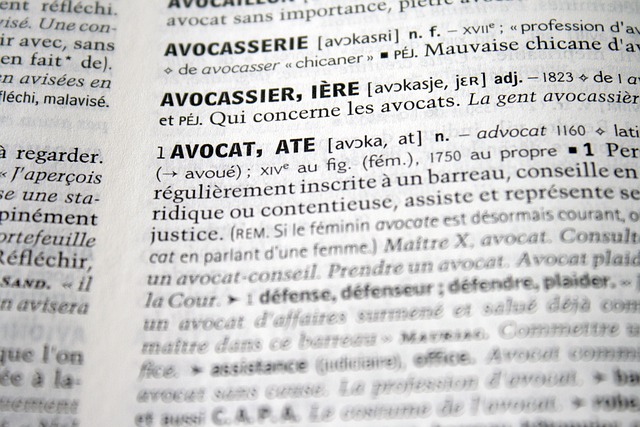Understanding child support rights and obligations is crucial for parents navigating custody and welfare matters. It involves recognizing both parents' legal duties to ensure their children's financial and emotional well-being, including covering essentials like food, clothing, shelter, healthcare, and education. Parental obligations include adhering to court-ordered agreements based on income levels, even in shared physical custody scenarios. An overview of these rights empowers parents to make informed decisions for their children's future, fostering stability and nurturing environments. Both parents share support responsibilities and legal duties, ensuring fairness and mutual understanding in co-parenting relationships.
In navigating complex family matters, understanding child support rights and obligations is paramount. This comprehensive guide delves into the essential responsibilities surrounding legal duties and parental obligations in support cases. We offer an in-depth overview of the support process, emphasizing fairness in agreements, while exploring crucial considerations for both parents. By examining these key aspects, families can ensure a clear understanding of their rights and obligations, fostering a transparent and supportive environment for their children’s well-being.
- Defining Child Support Rights and Obligations
- Legal Duties and Parental Responsibilities
- Understanding the Support Process
- Ensuring Fairness in Child Support Agreements
- Important Considerations for Both Parents
Defining Child Support Rights and Obligations

Understanding child support rights and obligations is a crucial aspect of navigating matters related to custody and welfare. It involves recognizing both parents’ legal duties and responsibilities toward their children’s financial well-being. Child support rights refer to the parent’s entitlement to receive or provide monetary contributions for a child’s upbringing, ensuring their basic needs are met. This includes coverage of expenses such as food, clothing, shelter, healthcare, and education.
Parental obligations in this context entail a series of duties that promote the stable and secure growth of the child. It involves adhering to court-ordered support agreements, which detail specific amounts and payment schedules. Both parents have a collective responsibility to contribute financially, even if they share physical custody or have varying income levels. An overview of these rights and obligations is essential for parents to make informed decisions regarding their children’s future and overall well-being.
Legal Duties and Parental Responsibilities

In matters of child support, both parents bear legal duties and parental responsibilities that are crucial for the well-being and development of their children. Understanding one’s child support rights and support responsibilities is essential for ensuring a stable and nurturing environment for the child. The legal framework dictates that both parents have a collective obligation to provide financial and emotional support, which includes meeting the child’s basic needs such as food, clothing, shelter, education, and healthcare.
Beyond financial obligations, parental responsibilities encompass various aspects of a child’s life. This involves actively participating in their upbringing, attending important events, maintaining open communication, and fostering a strong bond. Both parents share the duty to make decisions in the best interest of the child, collaborate on parenting plans, and ensure consistent care despite any separation or divorce. An overview of these support rights and responsibilities is vital for promoting a healthy dynamic within the family unit.
Understanding the Support Process

Understanding the child support process is crucial for both parents involved in a dispute or those looking to exercise their legal duties. It begins with recognizing that every state has its own set of laws and guidelines determining child support rights and responsibilities. Parents have an obligation to understand these laws, which can be complex, as they define how much support is required and who is responsible for providing it.
The process involves assessing various factors like income, custody arrangements, and the needs of the child. This assessment determines the paying parent’s ability to contribute financially and sets a fair and legally binding support amount. It’s essential to remember that these obligations are not merely financial; they encompass a broader set of parental responsibilities, ensuring the well-being and stability of the child.
Ensuring Fairness in Child Support Agreements

Ensuring fairness is paramount in child support agreements, as it safeguards the best interests of both the child and their involved parents. This involves a balanced approach where each parent’s rights and obligations are clearly defined. Child support rights should be meticulously understood, encompassing legal duties related to financial contributions for the child’s upkeep. Parental obligations extend beyond financial support; they also include emotional availability, active participation in significant life events, and consistent care.
A comprehensive child support agreement provides an overview of these responsibilities, fostering transparency and mutual understanding. This not only prevents disputes but also encourages a cooperative environment where both parents are invested in their child’s well-being. By adhering to legal duties and support responsibilities, each parent contributes equitably, ensuring the child receives the necessary resources for their development and overall happiness.
Important Considerations for Both Parents

In any child support matter, both parents bear crucial support responsibilities and legal duties. Understanding one’s child support rights and obligations is essential for a harmonious co-parenting relationship. Each parent has a vested interest in ensuring their child’s financial needs are met, as outlined by the established support plan. This often involves a cooperative effort to fulfill parental obligations, including providing for the child’s basic necessities such as food, clothing, shelter, and healthcare.
Beyond meeting immediate financial needs, parents should strive for an understanding that extends to sharing significant life events, educational milestones, and extracurricular activities. Effective communication and respect for each other’s roles foster a stable environment for the child. Both parents have support rights to stay informed about their child’s well-being and participation in important decisions affecting their upbringing.






